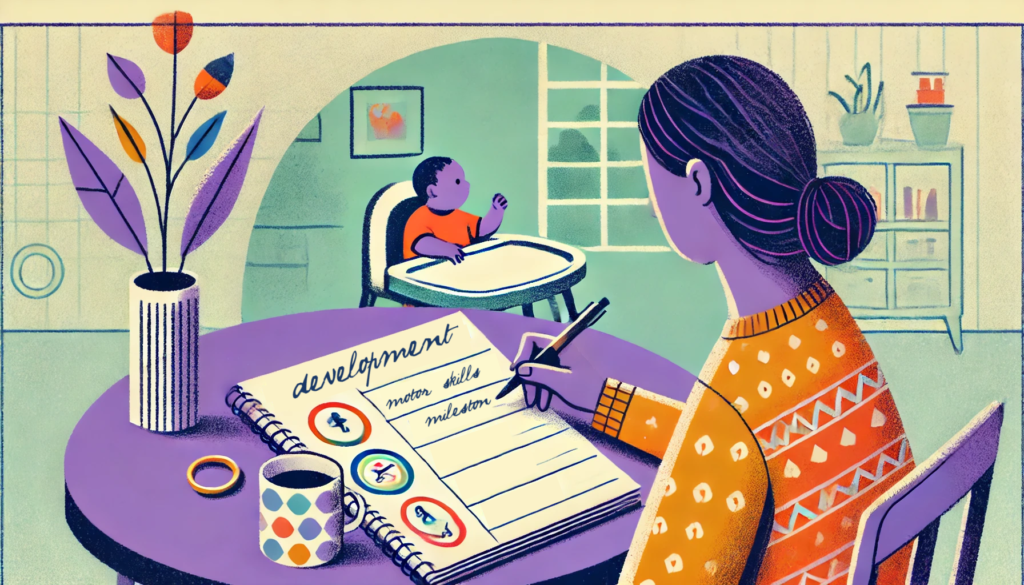The Drive-Thru Carwash, What’s Not To Like? Making the case for Occupational Therapy

By The OT Mom
My two children love to go through the car wash after I fill up my car with gas. What’s not to like about the drive-thru car wash?
The car gets sprayed with water, soaped up, and “blow dried” before you leave the tunnel. Well, it is quite the sensory-rich experience, because the car is moving while all of these noisy machines are coming at you!
Although my typically developing kids think it is fun, I can see why a child with sensory over responsiveness, poor motor planning (dyspraxia), and/or anxiety would not think it is fun. If lots of noise, sights, movement, and smells tend to be overwhelming to a child, then the car wash is not the place to go for entertainment!
This gets me thinking, how many common daily or weekly events would be overwhelming to these children? Well, just to name a few: going to the grocery store, taking a bath (including washing hair), mealtime (preparation and eating), singing at church, going to the local park, and playing with other children.
Then, there’s always the events that tend to happen on a monthly or quarterly basis: birthday or holiday parties, haircuts, zoo visits, school field trips, and going to the movie theater. How fun would life be if all of these “normal” activities created more anxiety?
Children who over respond to sensory input to the point where it interferes with functioning in life events would most likely benefit from occupational therapy services. Children who have difficulties with motor planning and learning new activities or with transitions could often benefit from occupational therapy as well; these kids tend to be clumsy and may need physical therapy, and may also have a speech delay requiring speech therapy.
One thing that is beneficial to do at home for these children is to make routines predictable. This helps them to feel in control because they know the order of events. But we all know that the unexpected can happen, so the best thing to do is be calm and provide calming sensory input (see www.sense-ablebaby.com for some ideas).
Realizing that your child gets upset and reacts the way he does because of the “fight, flight, or fright” response will help you understand where he’s coming from. If attending occupational therapy treatment, ask the therapist for a home program and ideas on how to handle tough situations. This is especially the case if the child has been diagnosed with sensory processing disorder (also called “sensory integration dysfunction”).
Of course our lives are full of non-predictable experiences and we have to help our kids learn to deal with them. Just today I cooked a new recipe, attended a sporting event, took my child to a roller rink with her friend, and cleaned up my son’s vomit…none of which were predictable experiences!
Wow, and it’s not even 5 pm yet!
You can learn more about the OT Mom on her blog Info Spot 4 the Special Tot and her website www.sense-ablebaby.com.
Related Posts

Development, Special Needs
How to Track Milestones for Developmentally Delayed Babies
Parents of developmentally delayed babies can explore practical tools and strategies to track milestones, celebrate progress, and support their child’s unique developmental journey.

Fine and Gross Motor
5 Alternatives to Tummy Time for Babies with Motor Development Challenges
Does your baby struggle with tummy time due to motor development challenges? These alternatives to tummy time will offer the same benefits.

Development
Should Twins Share a Room?
Wondering if your twins should share a room? We’ll explore the pros and cons of room-sharing for twins right here before you make your decision.